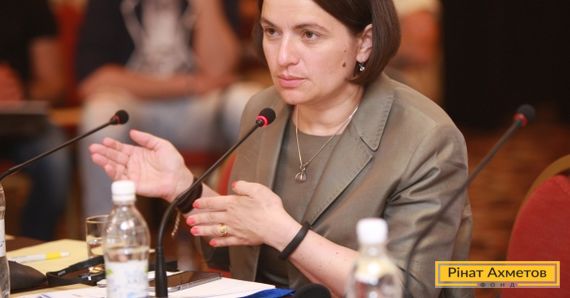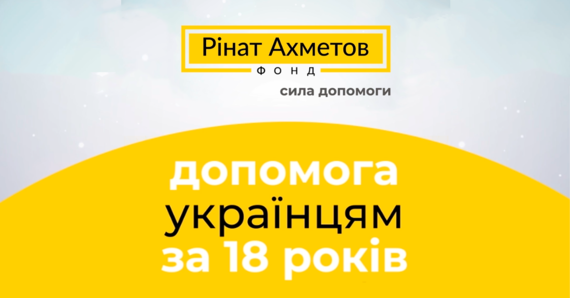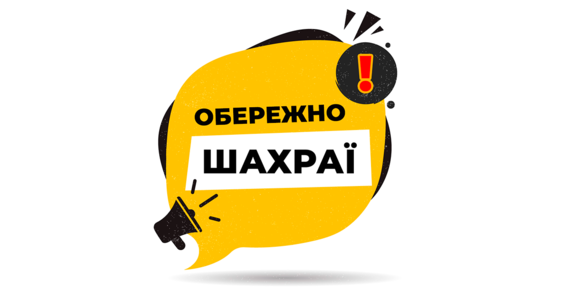Natalia Yemchenko: "We need to move from the questions «how to survive» and «how to help» to «how to live in the future» as soon as possible

The researches of Kyiv International Institute of Sociology (KIIS), announced during the presentation of the updated Humanitarian Map of Donbas civilians’ needs on the 23rd of June, proved the fact that requirement in humanitarian aid on the contact line and in government-controlled areas of Donbas is very high. This means that the volumes of assistance, provided by Rinat Akhmetov Humanitarian Center, will not decrease. This was announced by Natalia Yemchenko, Director of Public Relations and Communications at SCM and the member of Supervisory Board at Rinat Akhmetov Humanitarian Center, during the roundtable meeting.
"According to KIIS researches, people are coming back home and situation in Donbas remains acute. This means that the volumes of humanitarian aid will not decrease", – Natalia Yemchenko said to the experts, who got together at the meeting.
Nicolas Fleury, Deputy Head of the International Committee of the Red Cross in Ukraine, emphasized that recently the situation in Donbas has extremely deteriorated. "People are dying on both sides of the contact line, the infrastructure is being destroyed, and there are many problems with different communications. We are closely cooperating with the Ukrainian Red Cross, but I have to admit that it is difficult to meet the emerging needs and challenges of Donbas civilians. That is why I think that humanitarian aid of charitable organizations is extremely important now. And as far as I know, Rinat Akhmetov Humanitarian Center is working hard in that direction and provides residents of Donbas with all the possible assistance. Rinat Akhmetov Humanitarian Center is trying to help people as much as possible, and the volumes of the work are impressive, – Fleury said in his exclusive comment for Dopomozhemo TV.
It is known that lately Rinat Akhmetov Humanitarian Center and other international and Ukrainian charitable organizations faced a problem of humanitarian aid delivery across the contact line.
"As for the permit regime, we've already mentioned that a clear system is required. This system should be organized with the participation of the humanitarian sector in such a way that it is self-sufficient and shows maximum effectiveness. We are asking to provide a special corridor for humanitarian aid, which would allow the passage of other loads. This will help keep track over compliance of goods that have received permission, – Natalia Yemchenko believes. – We also have high hopes for a law on humanitarian assistance under the conditions of war. The adoption of this law, as we hope, will eliminate a great number of questions".
Also, according to Natalia Yemchenko, there should be a representative of humanitarian sector in ATO headquarters, who would participate in the meetings and communicate the information to all international and Ukrainian humanitarian missions. "This will allow creating a normal working relationship, which, unfortunately, does not exist now. Now the humanitarian sector lives apart from the state", – Natalia Yemchenko shared.
As for psychological assistance, Rinat Akhmetov Humanitarian Center is planning to increase its volumes. "I remember my conversation with an Irish lady, who has been dealing with charitable work in conflict environment for 20 years, – Natalia Yemchenko shares. – Her message is simple: "All problems in Ireland are solved – buildings are restored, roads are repaired, political prisoners are released. The only thing we have not coped so far, after 20 years since the hot phase of the conflict ended, is psychological traumas. We are still working with people who have been abused, dealing social adaptation of combatants, and we understand that this is a very long story. Obviously, the sooner Ukrainian specialists start working with trauma of war, especially with children, the less severe future problems the country faces in 10-20 years.
Another moment that Humanitarian Center is considering now, during the war, is not directly related to the humanitarian situation.
"On one hand, we are trying to help, on the other hand we are thinking what to do so that this assistance is not needed anymore. "We need to move from the questions "how to survive" and "how to help" to "how to live in the future" as soon as possible, – Natalia Yemchenko thinks.



